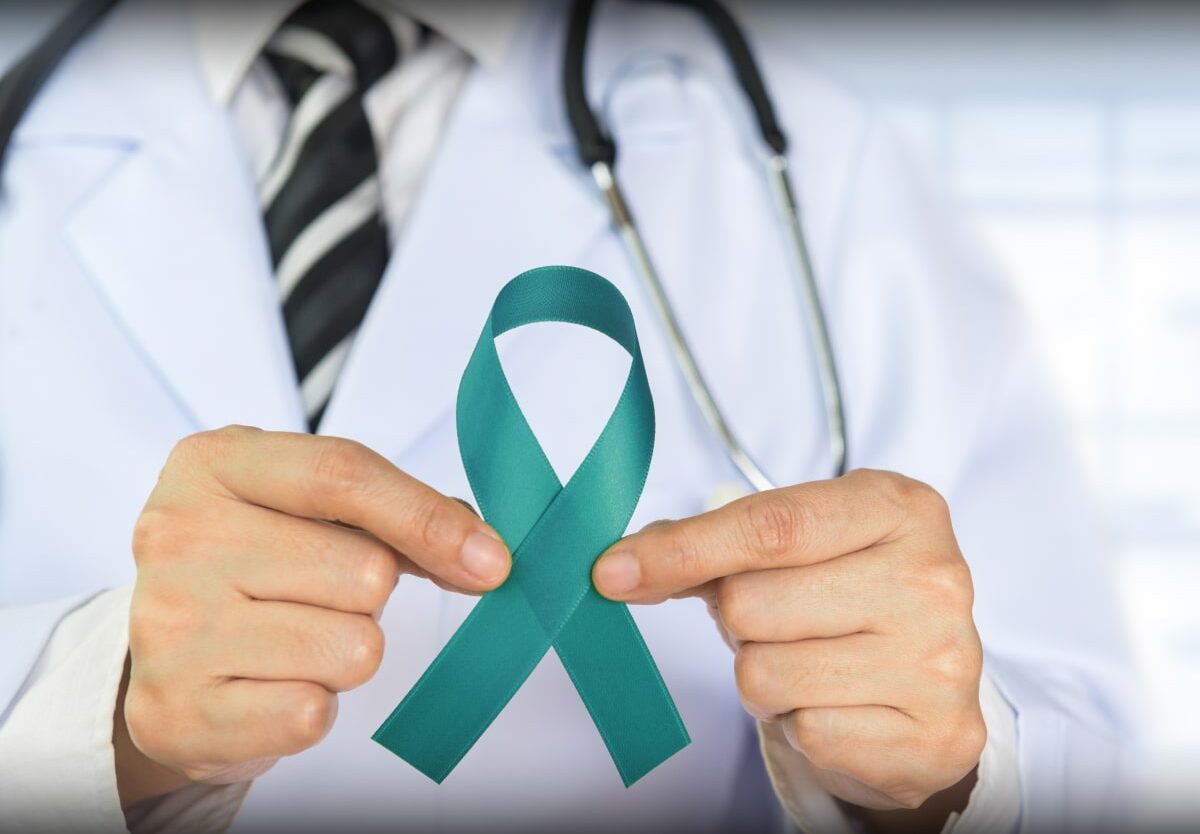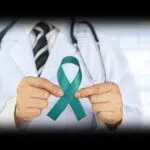Fibroid Awareness Week is observed from April 18 to 24 annually. It is a week to show support for all women who suffer from fibroids. The purpose of this commemoration is to raise awareness about a widespread but little-discussed health concern that affects 20% to 80% of women by the age of 50. Fibroids do not affect all women, but those who do may experience pain, pressure on the bladder, frequent urination, or even a bloated abdomen. Age, family history, ethnic origin, obesity, and eating habits, such as consuming too much red meat, are all risk factors for fibroids. Consuming a lot of green vegetables is linked to a lower incidence of fibroids.
History of Fibroid Awareness Week
The muscular region of the uterus is where uterine fibroids originate. They are benign tumors that can cause copious menstrual bleeding, pelvic pain, and painful, irregular, and/or protracted menstruation. Pain in the pelvic, abdominal, or lower back areas, as well as frequent urination or constipation, may be experienced by women. Having uterine fibroids can also cause cramping or abdominal distention. Some women have uterine fibroids but don’t show any signs or symptoms.
Because doctors are unable to determine the exact source of uterine fibroids, understanding them is difficult. What doctors do know is that obesity and a family history of uterine fibroids increase a woman’s risk of getting uterine fibroids. A diet that is high in red meat and poor in veggies can also have a role.
Uterine fibroids affect around 200,000 women in the United States each year. A pelvic exam is usually the first step, followed by imaging studies such as ultrasound, M.R.I, and/or saline sonogram. Uterine fibroids are chronic, meaning they can last a lifetime. They may shrink significantly after menopause, but they rarely vanish completely. They can also reappear once they’ve been removed. Uterine fibroids can be treated in a variety of ways, depending on their size and location in a woman’s body. Your doctor’s treatment plan will most likely be determined by the severity of your uterine fibroids as well as the patient’s stated goals. Medication or uterine fibroidectomy are two alternatives for treatment. Your doctor will most likely want to keep an eye on your uterine fibroids to see if they alter or improve.
Fibroid Awareness Week timeline
Senfronia Thompson, a state representative, introduces the Texas House Bill, which designates July as Uterine Fibroids Awareness Month.
The project holds educational community events across the country to provide women with accurate fibroids information, reaching over 120,000 women through these activities.
Fibroids receive only $17 million in research funding from the National Institutes of Health, putting it in the bottom 50 of nearly 300 funded conditions, despite the fact that medical costs related to fibroids are about $35 billion per year in the United States alone.
Vice President Kamala Harris submits a bill in the U.S. House of Representatives on Thursday, July 30 to provide funds for uterine fibroids research and education.
Fibroid Awareness Week FAQs
Do fibroids have an impact on your day-to-day life?
Many women with fibroids have no symptoms, but those who do have a tough time dealing with them. Pelvic pain and heavy monthly bleeding are common symptoms, which might lead to anemia or the need for a blood transfusion. Bladder pressure, resulting in frequent urination
What are the dangers of fibroids?
Although uterine fibroids are rarely hazardous, they can cause pain and consequences such as a decline in red blood cells (anemia), which causes exhaustion, as a result of excessive blood loss. Blood loss may necessitate a transfusion on rare occasions.
What kind of foods can aggravate fibroids?
Avoid processed foods, red meats, and high-fat dairy products. Fibroids can be aggravated by eating certain foods, according to studies. The same can be said for caffeine and alcohol.
How to Observe Fibroid Awareness Week
Promotes fibroid awareness
Fibroid Awareness Week also aims to encourage more study and funding for this widespread but little-known disorder. A campaign to raise awareness about uterine fibroids, a disorder that affects millions of women all over the world.
Wear white clothes
Because of the excessive bleeding associated with fibroids, most women do not prefer to wear white. The "white garments" movement is more than a fashion statement; it is a symbol of hope and strength for women living from fibroids, as well as a reminder that we will discover a treatment.
Educate yourself
You may prevent fibroids from forming by educating yourself and those around you, as well as raising awareness for other women with fibroids. Even for individuals who are aware of the problem, awareness and education are still required.
5 Interesting Facts About Fibroids
Hormones have an impact
Hormones have the ability to alter fibroid growth, fibroids also diminish or disappear during menopause, when women have less estrogen and progesterone in their bodies.
Symptoms may or may not occur
Some women are unaware that they have fibroids until they are identified during a normal gynecological exam.
Lifestyle plays a role
While there is some evidence that fibroids run in families, they also appear to grow and shrink as a result of specific lifestyle variables.
The development patterns might be different
Fibroids in the uterus can grow very slowly or very quickly, it is possible that they'll stay the same size for years
Signs of uterine fibroids
One of the signs is menstrual bleeding that is heavy or protracted.
Why Fibroid Awareness Week is Important
It inspires those with fibroids to be fearless
Many organizations are offering more information about fibroids. One of them is The White Dress Project, which offers hope, knowledge, and support to women who are living with uterine fibroids.
It is important to take care of yourself
Fibroids become worse as time passes, and fibroids can continue to develop in size and number if left untreated. The symptoms will worsen when the tumors take over the uterus.
It raises awareness about infertility
The main reason for this is that fibroids deform the uterine cavity, making it more difficult for pregnancy to adhere to the uterus. In the end, while fibroids may play a role in infertility in some women, other causes are more common.
Fibroid Awareness Week dates
| Year | Date | Day |
|---|---|---|
| 2026 | April 18–24 | Saturday–Friday |
| 2027 | April 18–24 | Sunday–Saturday |
| 2028 | April 18–24 | Tuesday–Monday |
| 2029 | April 18–24 | Wednesday–Tuesday |
| 2030 | April 18–24 | Thursday–Wednesday |



















